
Roman Empire Historical Facts
Saturnalia: The Roman Festival that Inspired the Spirit of Christmas
Was Saturnalia of the ancient Romans what Christmas is for us today? The two have a lot in common. How was Saturnalia celebrated?

Roman Empire Historical Facts
Was Saturnalia of the ancient Romans what Christmas is for us today? The two have a lot in common. How was Saturnalia celebrated?
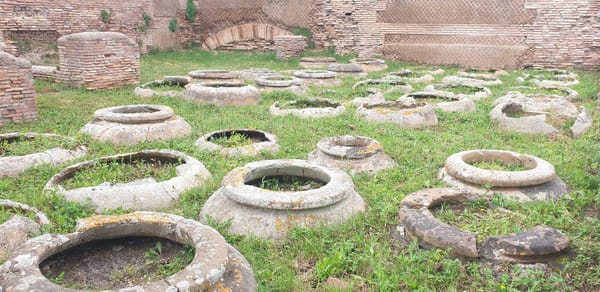
Roman Empire Anecdotes
Among the overlooked features of Roman daily life were elements that carried a weight out of proportion to their silence, linking distant landscapes through routines repeated year after year.
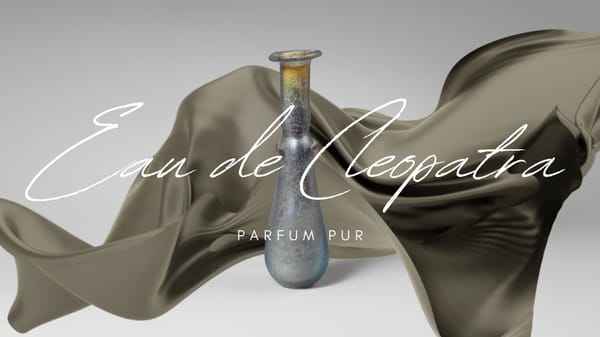
Roman Empire Anecdotes
Elite Romans treated scent as strategy. From Cleopatra’s Mendesian blends to Nero’s perfumed banquets, ancient niche perfumes signaled rank, taste, and power.

Roman Empire Historical Facts
Perfume in Rome was far more than adornment. From daily anointing after the bath to clouds of incense greeting emperors in the streets, scent became a language of status, ritual, and identity—at once a personal luxury and a public symbol of power.
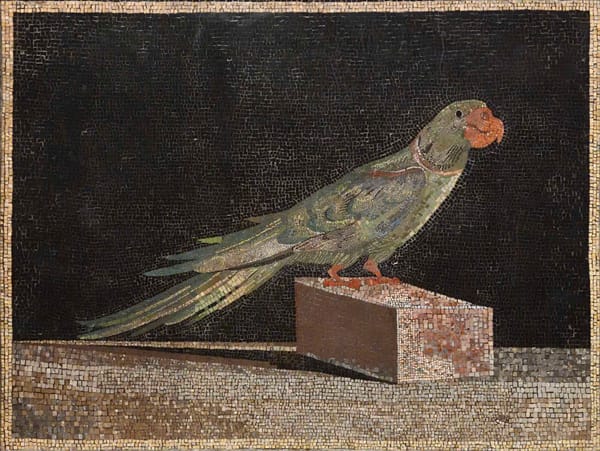
Roman Empire Anecdotes
From French toast to foie gras and even braised flamingo, some recipes we enjoy today trace their origins back to ancient Rome, revealing a rich culinary history that continues to influence modern cuisine.

Roman Empire Anecdotes
Ancient societies tried to manage fertility with resources available in their environment, even though their effectiveness was uncertain and occasionally hazardous.
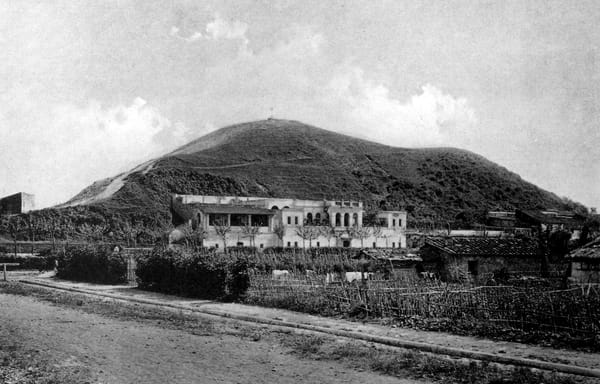
Roman Empire Anecdotes
Monte Testaccio, is one of the most extraordinary archaeological sites in the city of Rome, totally artificial, composed of pieces of broken jars.

Roman Empire Anecdotes
Was gladiator’s sweat and blood sold as an aphrodisiac outside the Roman arena? Our research is shining some light on the topic.
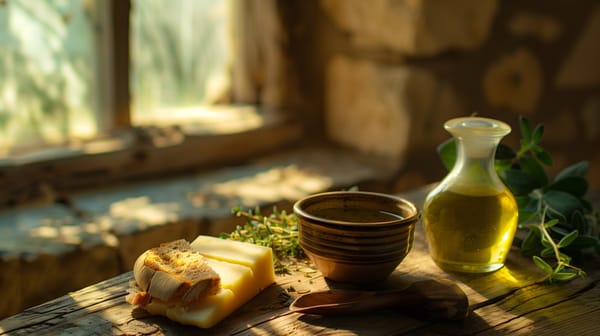
Roman Empire Historical Facts
Olive oil was a fundamental aspect of the Roman diet and was transported everywhere in the Empire.
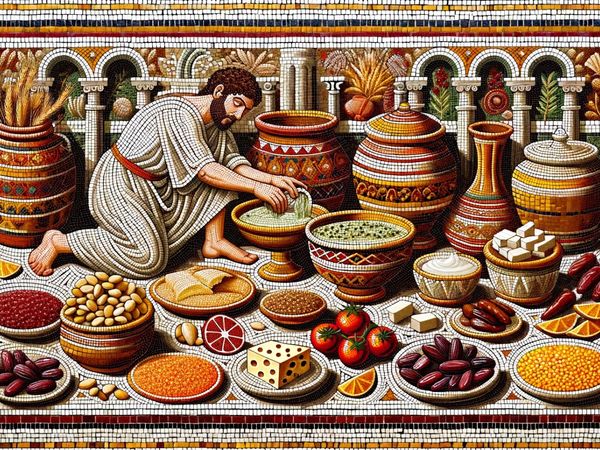
Roman Empire News
Embark on a culinary journey through Ancient Rome, where six foundational elements sculpted an era of unparalleled gastronomic artistry: Panis, Vinum, Oleum, Garum, Fructus, and Carnes.